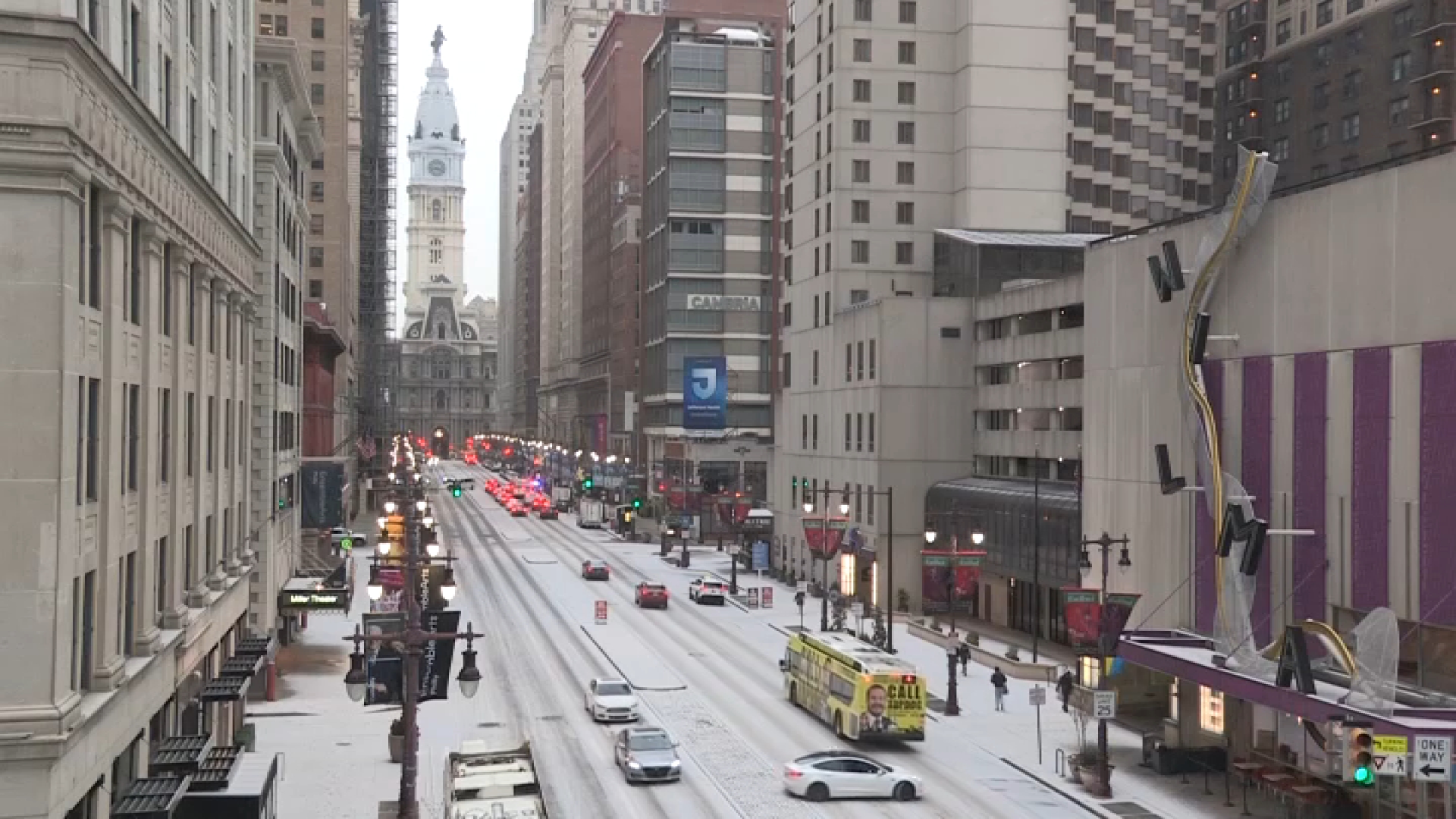Thousands of police officers, firefighters, sanitation workers and health care workers are still on the job and working in the field, and Mayor Jim Kenney is compensating them by paying an extra 50% -- "hazard pay" or "time-and-a-half."
Hundreds of other city employees have also been deemed essential, but are working from home and receiving the hazard pay bonus, according to city officials and watchdog agencies familiar with the situation.
They make up about half of the city's 30,000 employees. Meanwhile, the other 15,000 non-essential employees are not working but still receiving their regular pay, a spokesman for Kenney said this week.
"Paying employees who are, through no fault of their own, forced to stay home in order to mitigate the pandemic is crucial to ensuring that employees can continue to feed and care for their families, and not suffer in other ways during this difficult time," Kenney spokesman Mike Dunn said in an email Tuesday. "And we would encourage private employers to do the same amid this global health crisis."
Hundreds of thousands of American workers filed for unemployment last week, and many more have seen their hours reduced because of the ongoing COVID-19 pandemic. Congress early Wednesday passed a $2 trillion relief package in hopes that the infusion of cash to citizens and loans and grants to businesses will offset shutdowns of entire sectors of the economy.
Officials with two agencies in charge of fiscal oversight of Philadelphia city spending, the Pennsylvania Intergovernmental Cooperative Agency (PICA) and the City Controller's office, told NBC10 that they were waiting to see what Kenney and his administration will do when they revisit the hazard pay and work-from-home regulations.
That is expected to happen at a meeting Friday, March 27, of the city's Administrative Board, which approved the current hazard pay and essential worker clauses at a meeting March 18. The board consists of Kenney, Managing Director Brian Abernathy and Finance Director Rob Dubow.
Local
Breaking news and the stories that matter to your neighborhood.
All three approved the current work conditions to run from March 18 through March 29.
"The city is in the strongest position, financially, that it's been in over a decade. That is a positive," a source with the City Controller's office said. "But it’s important to make smart decisions."
PICA executive director Harvey Rice said he is following the city's ongoing workforce decisions during the coronavirus crisis, and that the city budget is buoyed by three separate funds for just this type of emergency.
Before the outbreak threw local, state and federal budgets into turmoil, the city was equipped with a roughly $348 million budget fund balance, as well as $55 million in a federal stabilization fund and a $35 million "rainy day" fund. The fund balance grew in recent years from increasing tax and fee revenue. The other two funds have been socked away in case of sudden reductions in city revenue.
"Financially, depending on how long it goes, the city can tap into those funds," Rice said. "Plus, they’ll be reimbursed by the federal and state governments for some of the measures taken in response to the crisis. ... We just have to keep a track on that."
Kenney's spokesman said the city is "optimistic" it will receive reimbursements from the federal government. He also said the city is still examining who needs to remain essential to operations as the coronavirus outbreak continues.
"The status of some employees may change as conditions change, and therefore the total will continue to fluctuate," Dunn said, referring to the cost of the hazard pay regulation. He could not provide an exact cost of the regulation since its adoption March 18.
"At this point in time, at least 15,000 city employees are considered essential, including the entire police, fire and health departments, and a large portion of Streets Department employees," he said. "But we are still examining those classifications."



